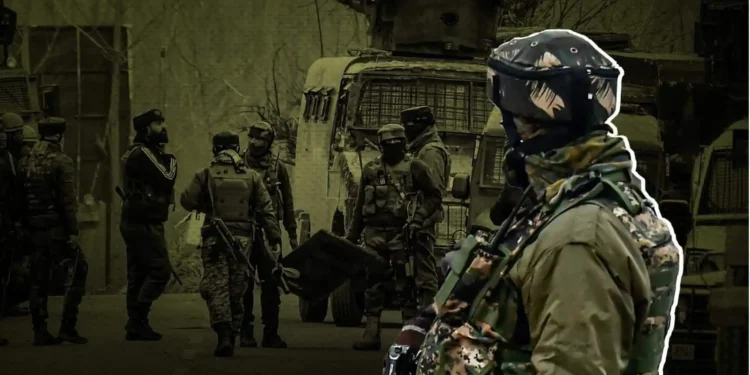Lagatar24 Desk
New Delhi: Amid escalating tensions with Pakistan following the deadly Pahalgam terror attack, the Ministry of Home Affairs has instructed several Indian states to conduct full-scale civil defence drills on Wednesday, May 7 — a move not seen since the 1971 Indo-Pak war. The drills are aimed at bolstering readiness in case of a hostile attack.
Historic scale of preparedness
Sources say this is the first time since 1971 that such a countrywide civil defence mobilisation has been triggered. The measures outlined by the Centre include operationalisation of air raid sirens, training civilians and students in civil defence, ensuring blackout readiness, camouflaging vital infrastructure, and rehearsing updated evacuation plans.
In Punjab’s Ferozepur, a total blackout was conducted on Sunday night from 9 to 9:30 PM. The Cantonment Board had directed Punjab State Power Corporation Ltd (PSPCL) to shut down electricity during that period. “This rehearsal aims to ensure preparedness and effectiveness during prevailing war threats,” the board said.
Heightened cross-border tensions
Since the Pahalgam attack on April 22 that left 26 civilians dead, India and Pakistan have witnessed intensifying hostilities. Pakistan has violated the 2003 ceasefire for 11 consecutive nights, drawing retaliatory fire from Indian posts along the LoC.
Prime Minister Narendra Modi has issued stern warnings, stating that those responsible for the attack “will receive a punishment they cannot imagine.” The sentiment has been echoed by Defence Minister Rajnath Singh, who assured, “What you desire will certainly happen.”
Diplomatic and military response underway
The Prime Minister has met all three service chiefs and top defence officials over the past week. On Monday, he met Defence Secretary Rajesh Kumar Singh, following earlier meetings with Air Chief Marshal Amar Preet Singh, Army Chief General Upendra Dwivedi, and Navy Chief Admiral Dinesh K Tripathi.
India has already taken several strategic steps, including suspending the Indus Waters Treaty for the first time in history — even during the 1965 and 1971 wars and the 1999 Kargil conflict, the treaty remained intact.
Fallout and warnings from Pakistan
Pakistan has threatened to interpret the suspension of the water treaty as an “act of war” and warned it may withdraw from the Simla Agreement, which forms the legal basis for the Line of Control. Any such move could destabilise the delicate ceasefire understanding that has held since 2003 — now already under severe strain due to nightly border skirmishes.







